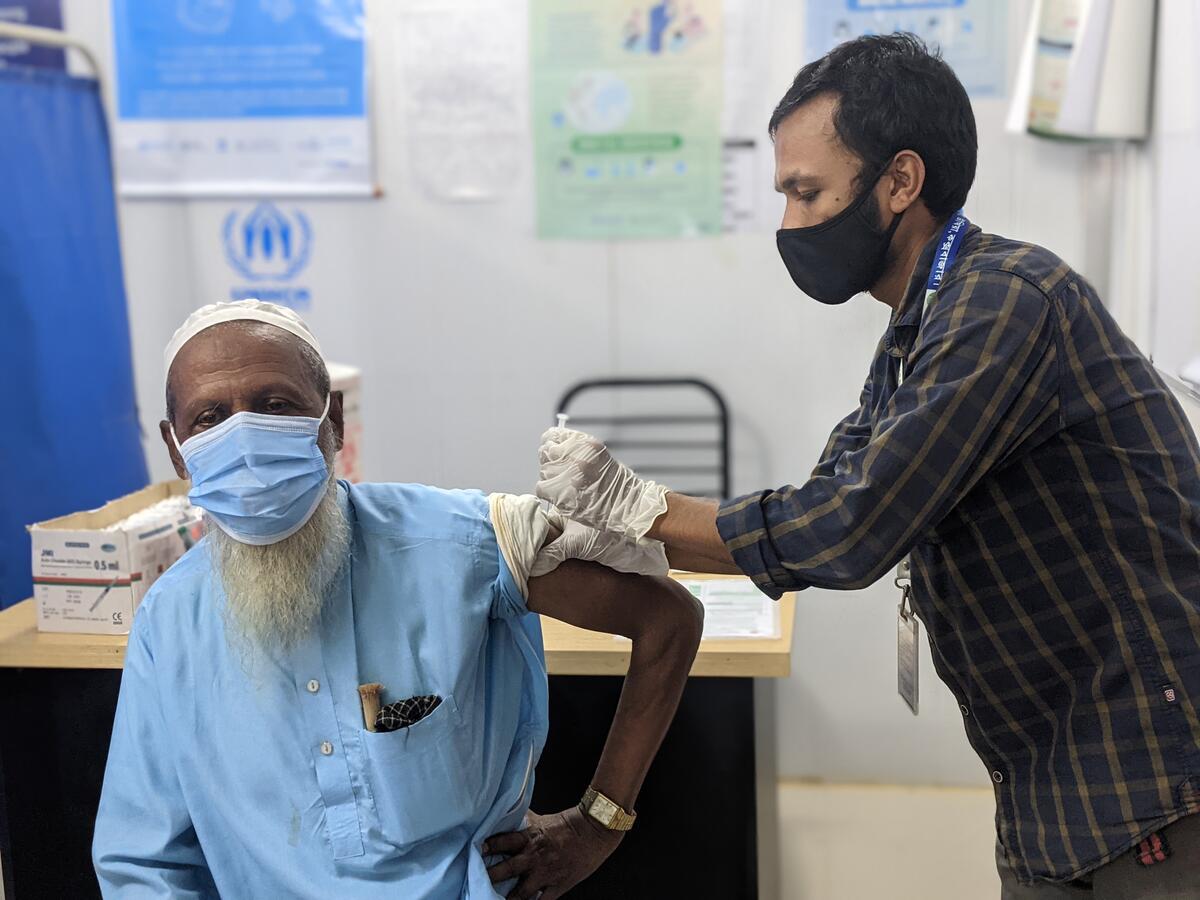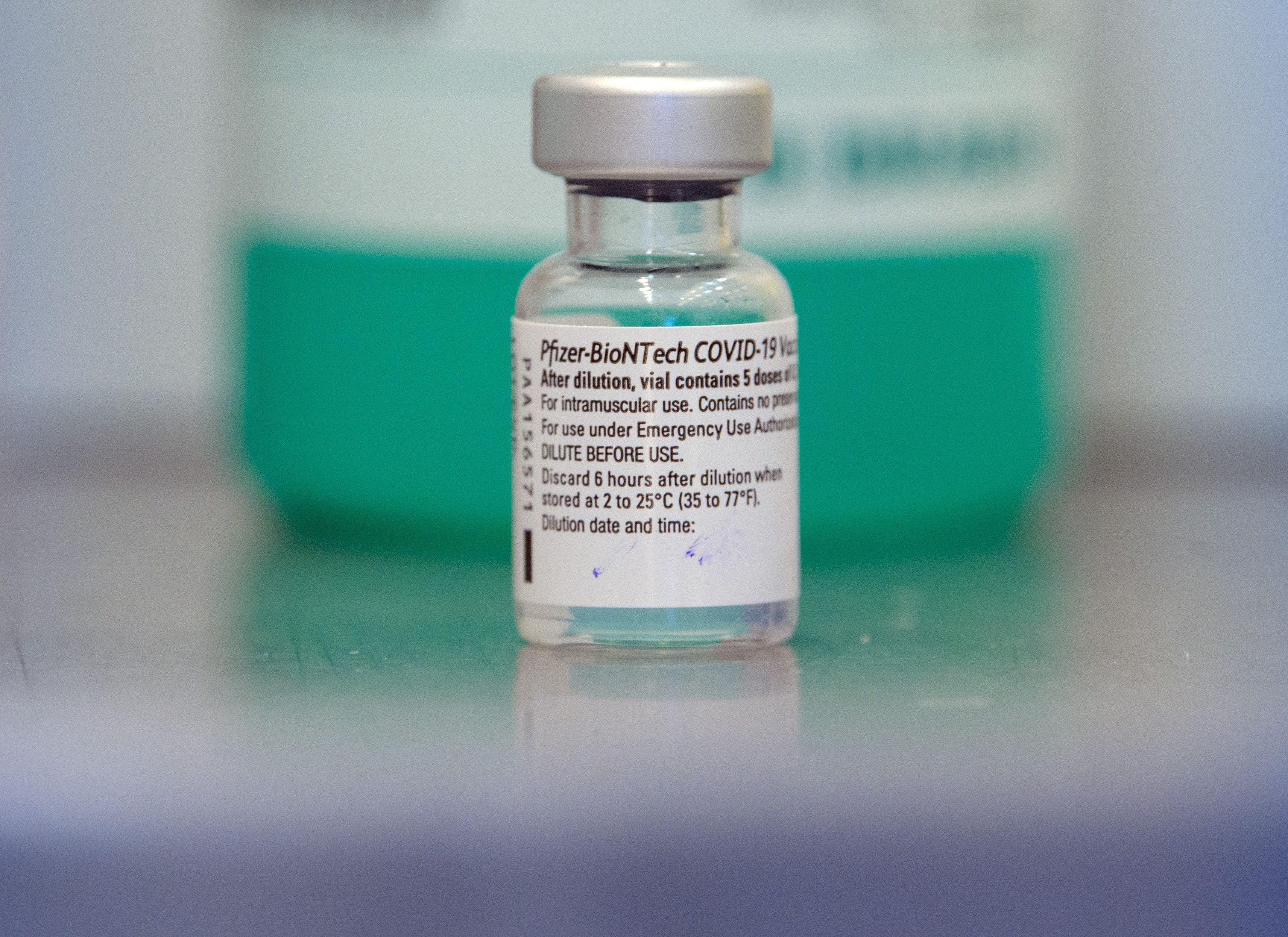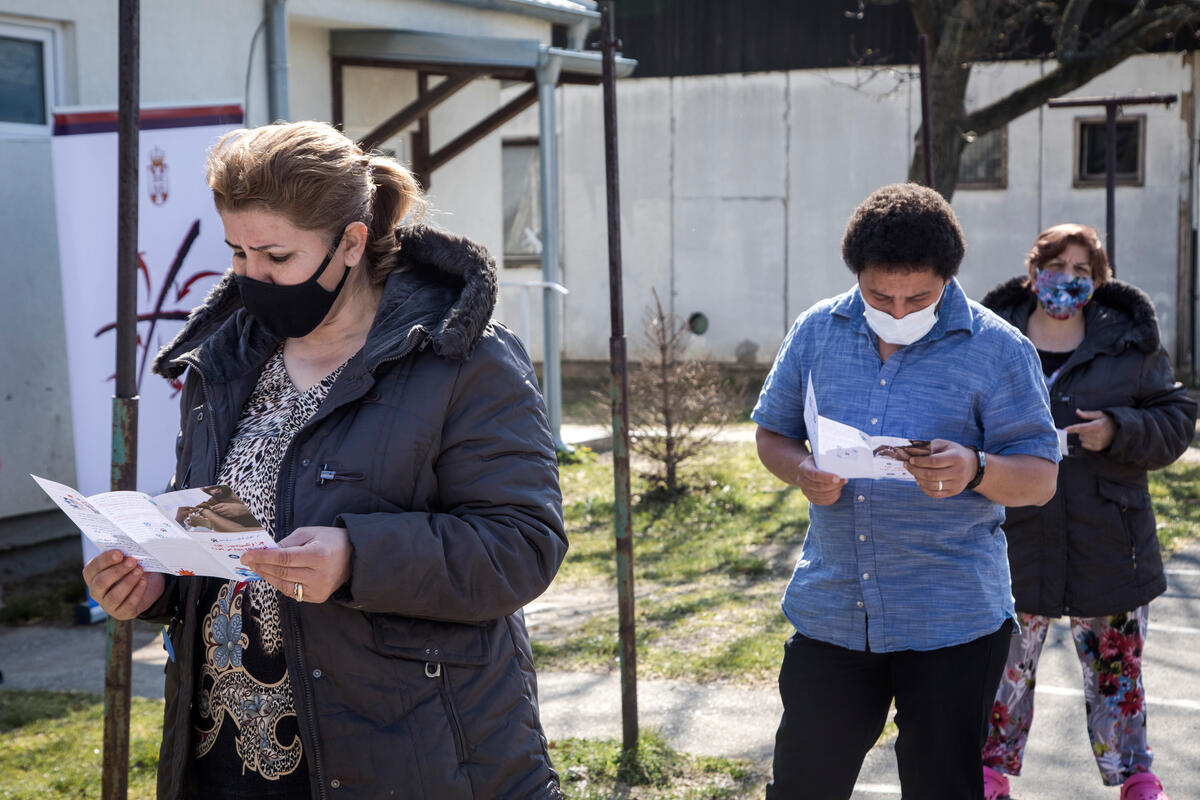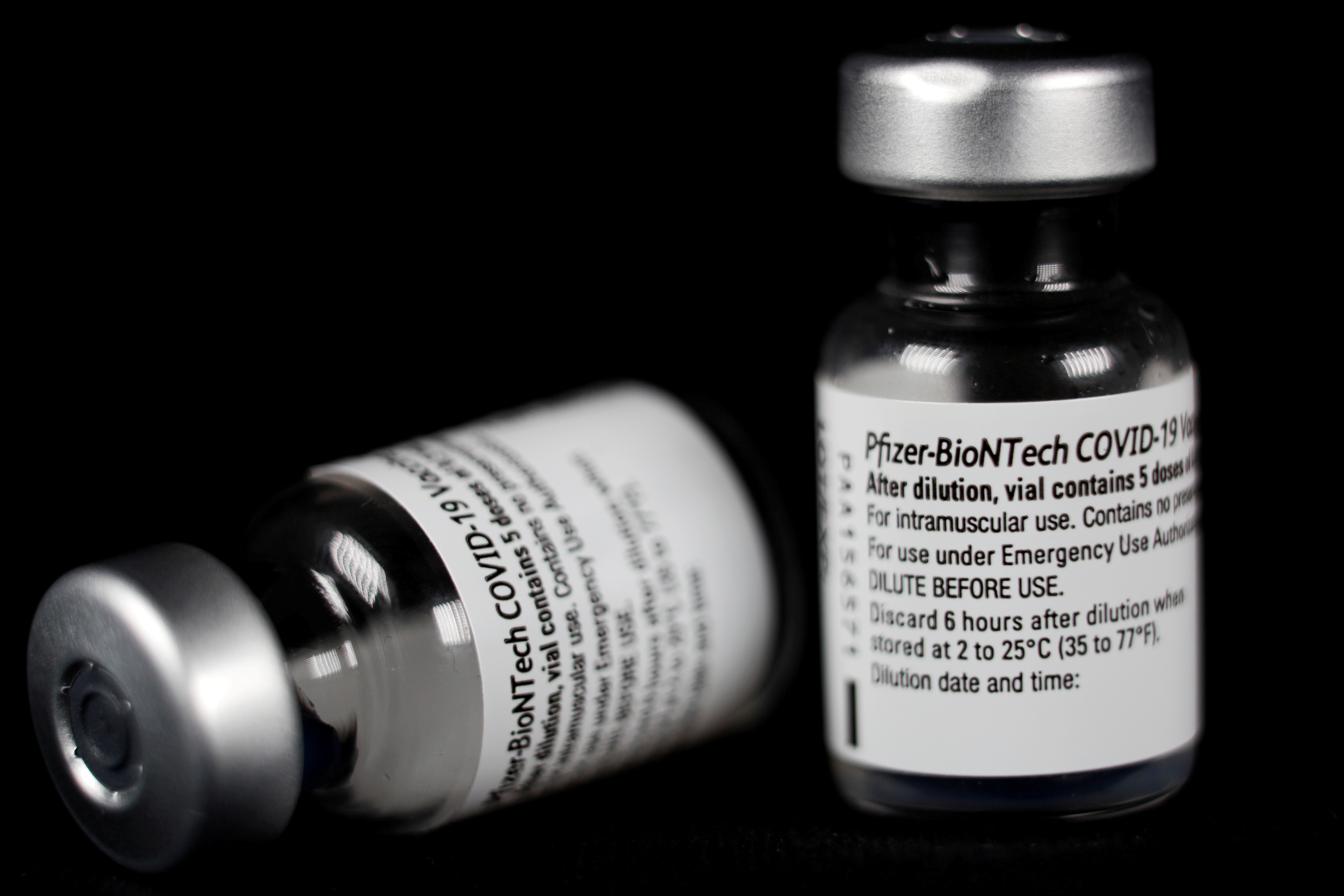Chad: Latest Darfur arrivals in precarious situation
Chad: Latest Darfur arrivals in precarious situation
In eastern Chad, some 10,000-12,000 refugees from West Darfur who fled across the border since Friday to escape militia attacks and bombing are in a very precarious situation along the volatile border, anxiously waiting to start being moved to a UNHCR camp, today - Tuesday. The refugees were located during an emergency humanitarian mission on Sunday - led by UNHCR - which travelled through a very insecure region to the border to locate the refugees in the Birak area including Djakhat and Figuera. They found some 4,000-6,000 refugees and were told there were thousands more south of Birak around Koruk. A mission is planned to Koruk on Wednesday to locate these refugees. There are reportedly more refugees arriving.
Today, a joint humanitarian mission will travel to Figuera to register a first group of about 200 refugees and start relocating them towards Kounoungou camp near Guéréda. We are planning daily convoys to relocate all the refugees. The new arrivals will place a severe strain on existing camp facilities. We are discussing with the Chadian authorities extending Mile refugee camp, providing there are adequate water supplies.
Sunday's mission immediately delivered basic supplies to the traumatised refugees who are living out in the open and sheltering under the few trees and suffering bitter cold at night. Unidentified armed groups are roaming around this area creating a dangerous atmosphere for refugees and humanitarian workers and we call on the government of Chad to reinforce the security of humanitarian workers in the east and particularly in the Guéréda area.
The refugees are destitute, having fled by night, walking across the border and bringing no possessions. Many of the refugees - mainly women and children - had already been internally displaced within Darfur living in camps in Sirba. There were also people from the villages attacked amongst the refugees. The humanitarian situation is dramatic. A high percentage of families have been separated in the turmoil, and there is a large number of unaccompanied minors. The refugees are malnourished.
Local Chadians, as usual, have responded in a very generous manner, providing the new arrivals with what food they could spare and water.
In Guéréda, security is deteriorating. On Sunday night, the market and school were looted by unknown armed men, leaving a trail of destruction. We had earlier reduced our staff in the area because of the volatile security situation, but will now reinforce numbers to cope with the fresh arrivals from West Darfur.
In Cameroon, a second Ilyushin-76 cargo plane chartered by UNHCR landed in the northern town of Garoua on Sunday carrying a further 45 tonnes of relief items for thousands of Chadian refugees. Today (Tuesday), relief items are scheduled to reach Kousséri in northern Cameroon, where an estimated 30,000 Chadians have found refuge following heavy fighting in the Chad capital N'Djamena ten days ago.
A first rotation already brought 45 tonnes of humanitarian items last Friday, including blankets, plastic sheeting, jerry cans and cooking sets. An additional 17 tonnes of UNHCR relief items were flown yesterday (Monday) from Accra, Ghana, on a WFP [World Food Programme] plane to Garoua, before being transported to Kousséri.
Our team in Kousséri says people are still crossing back and forth over the bridge linking Kousséri to the Chadian capital N'Djamena, but it is difficult at this point to quantify definitive returns.
A vaccination campaign organized by UNHCR, the World Health Organization, UNICEF, MSF-Switzerland and the Cameroon Ministry of Health is starting today (Tuesday) at the CEMIC (Collège d'Enseignement technique et industriel du Cameroun) where an estimated 4,000 refugees have gathered. Refugees will be vaccinated against polio and measles and will be given a booster of vitamin A. The vaccination campaign will continue on Wednesday at the transit site of Madana where 7,000 to 10,000 refugees remain. The local population will also be vaccinated.
Alongside the vaccination campaign, UNHCR and its partners will also provide refugees with relief assistance such as blankets, soaps, bucket and jerry cans.
At the same time, our site planners are working on a more appropriate location for the refugees in Maltam, some 32km from Kousséri. We plan to start moving refugees from the Madana transit centre to the new site on Saturday, transporting 2,000 people a day
In south Chad, some 6,000 to 7,000 refugees from the Central African Republic (CAR) have crossed the border since late January with more reportedly on their way. We are sending a team today, Tuesday, to check on new arrivals who reportedly crossed over the border last week. The refugees are located in several villages near the border, mainly the Maya village border point and surroundings, south of Goré, the main town in south Chad. Many of the refugees started crossing to neighbouring Chad in late January fleeing attacks from bandits - also called zaraguinas - in northern CAR. The new arrivals come from Kabo area in northern CAR.
The refugees, mainly women and children, are in poor condition. They arrived with nothing and have been relying on the generosity of the local population up to now. UNHCR teams are in contact with the local authorities to either move the refugees away from the volatile border to a transit centre or to refugee camps in the south near Goré - most probably to Dosseye - where they will have access to shelter and other assistance. Dosseye already hosts 6,000 refugees from CAR.
With the new arrivals, there are now some 50,000 refugees from CAR in south Chad. They are being hosted in Amboko, Gondjé and Dosseye camps.








